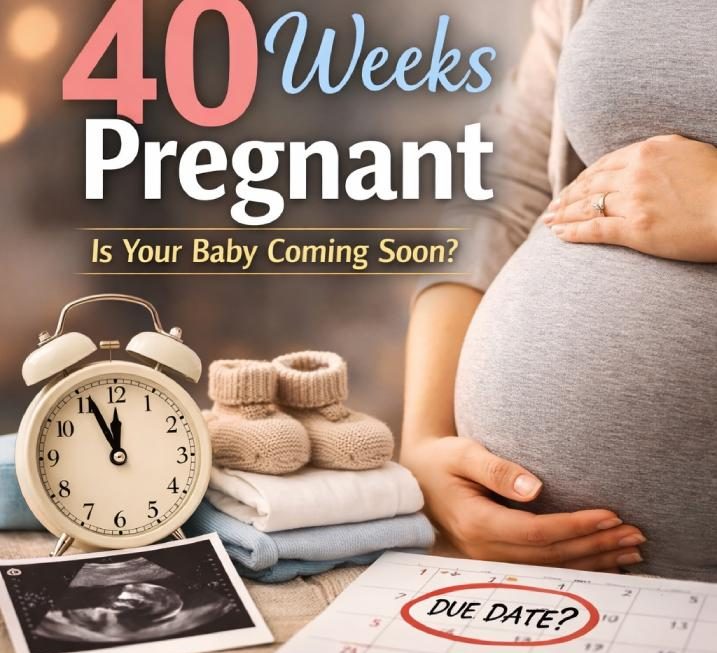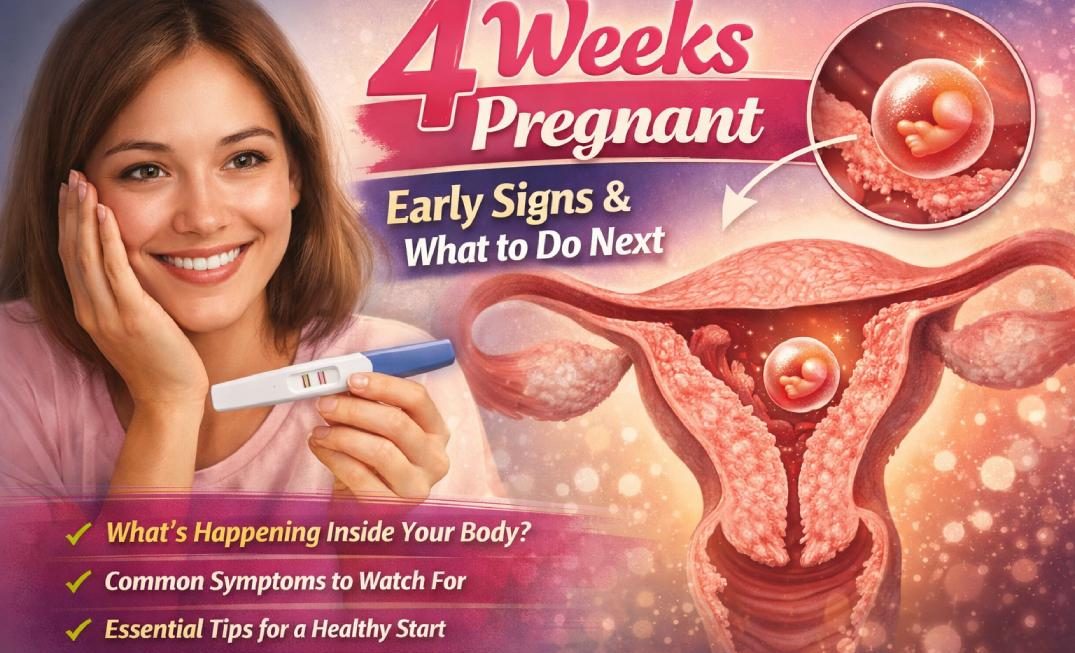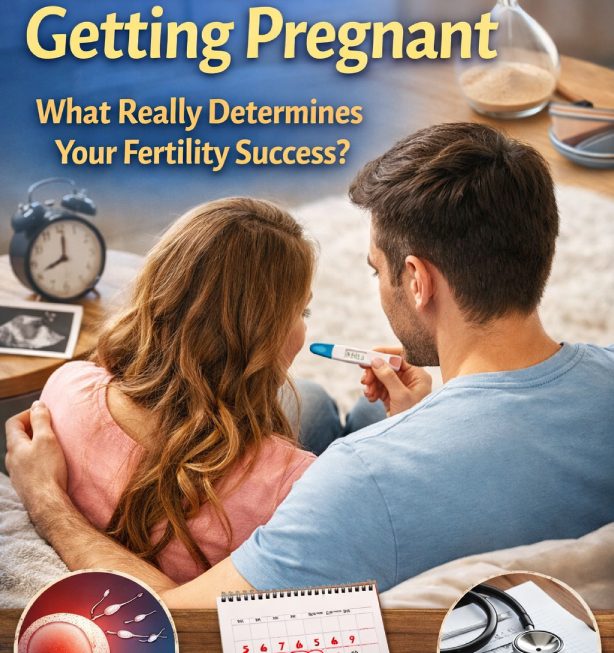Understanding Spotting During Pregnancy
Spotting during pregnancy can be a source of worry for many expectant mothers, especially for first-time parents who may not know what to expect. Spotting, which refers to light bleeding or brown discharge from the vagina, can occur for various reasons, many of which are not immediately dangerous. However, it’s crucial to recognize when spotting could indicate a need for medical attention. Pregnancy is a time of rapid physical changes, and a healthy pregnancy journey is a top priority for every expecting parent. Knowing when to be concerned about spotting and when to take it in stride can offer peace of mind and clarity.
Light bleeding, especially in the first trimester, is surprisingly common, affecting around 20% of pregnancies. Many times, this spotting has an innocent cause—such as implantation bleeding or the result of hormonal shifts—but on rarer occasions, it could signify a more serious concern like an ectopic pregnancy or early signs of miscarriage. Navigating these potential reasons for spotting, understanding the signs to watch out for, and knowing when to reach out for medical advice empowers pregnant women and their partners to feel more in control during these critical months.
What Is Spotting During Pregnancy?
Spotting refers to light bleeding that’s usually a pink, red, or brown discharge and is typically not as heavy as a menstrual period. Pregnant women can experience spotting at different stages, and the causes may vary depending on whether it’s the first, second, or third trimester. Light spotting is generally not heavy enough to fill a pad, unlike a period. It may appear as streaks or just a few drops of blood and often doesn’t last for extended periods.
How Spotting Differs from Bleeding
Understanding the distinction between spotting and bleeding can be essential in determining whether to seek immediate medical help. Spotting is light and usually isn’t accompanied by painful cramping, whereas bleeding is often heavier and might be accompanied by symptoms such as back pain, pelvic pressure, or other discomforts.
Causes of Spotting in Early Pregnancy
Implantation Bleeding
One of the most common causes of spotting in early pregnancy is implantation bleeding. Around six to twelve days after conception, the fertilized egg implants itself into the uterine lining, causing a light spotting that can last for a few hours to a couple of days. Implantation bleeding is generally light pink or brown and may be mistaken for a light period. It typically occurs just before or around the time of a missed period, which is why some women confuse it with an early menstrual cycle.
Hormonal Changes and Cervical Irritation
Early pregnancy brings a surge in hormones, particularly estrogen and progesterone, which cause significant changes in the body. During this period, the cervix becomes more sensitive and may bleed slightly after activities such as intercourse or a medical exam. Since blood flow increases to the cervix during pregnancy, light spotting may occur after such activities and usually does not signal a problem.
Early Pregnancy Loss or Miscarriage
Although not common, spotting in early pregnancy can sometimes indicate a miscarriage, especially if it is accompanied by symptoms like intense cramping, heavy bleeding, and the passing of tissue. Around 10-20% of pregnancies end in miscarriage, often within the first trimester, and bleeding can be an early sign. While it’s normal to worry if you experience spotting, remember that not all bleeding leads to miscarriage, and a healthcare provider can help assess your situation.
Second and Third Trimester Spotting Causes
Placenta Previa
Placenta previa occurs when the placenta partially or completely covers the cervix, which can lead to painless, bright red bleeding in the later stages of pregnancy. Placenta previa requires medical monitoring, as it can pose risks during labor. Pregnant women with this condition are often advised to rest and avoid strenuous activities, as heavy bleeding may require hospitalization or an early delivery.
Placental Abruption
A more severe condition, placental abruption, is when the placenta detaches from the uterine wall before delivery. This condition can lead to heavy bleeding and may be dangerous for both the mother and the baby. Placental abruption is rare but is considered a medical emergency. Symptoms include sudden, severe abdominal pain, heavy bleeding, and contractions. If these symptoms arise, immediate medical intervention is crucial.
Preterm Labor
Spotting or bleeding in the third trimester may also indicate preterm labor, especially if accompanied by other symptoms like regular contractions, back pain, or pelvic pressure. Preterm labor refers to labor that begins before 37 weeks of pregnancy. If you experience these symptoms, contacting a healthcare provider can help in taking preventive measures to prolong the pregnancy.
When to Seek Medical Advice for Spotting
It’s natural to feel concerned if you experience any form of bleeding or spotting while pregnant. However, knowing when to seek medical attention can help you respond appropriately.
- Heavy bleeding or clotting: If you experience bleeding that requires a pad and includes clots, it could be a sign of miscarriage, especially if coupled with severe cramps.
- Accompanied pain or cramping: Severe abdominal pain, back pain, or cramping, especially in the first trimester, can sometimes signal a problem.
- Fever or chills: Any fever or infection symptoms, coupled with spotting, should be addressed by a healthcare professional as it could indicate an infection.
- Signs of preterm labor: If spotting is accompanied by regular contractions or pelvic pressure, it might be a sign of preterm labor.
Remember that each pregnancy is unique, and if you’re uncertain about any symptoms, don’t hesitate to reach out to your healthcare provider for guidance.
Preventative Measures and Self-Care for Spotting in Pregnancy
Rest and Monitor Your Body
If you experience light spotting without other concerning symptoms, resting and avoiding strenuous activities may help reduce spotting. Stay hydrated and avoid lifting heavy objects or standing for long periods. Monitoring your body can help you determine if the spotting is persisting or changing in intensity.
Avoid Certain Activities
During pregnancy, it may be best to avoid activities like vigorous exercise, heavy lifting, or sexual intercourse if you’ve experienced spotting, as they could exacerbate cervical irritation. Speak with your doctor for personalized advice on what is safe for your specific situation.
Maintain Regular Prenatal Visits
Regular check-ups with your OB-GYN or midwife help ensure that your pregnancy is progressing healthily. Your healthcare provider will monitor your pregnancy closely, checking on the baby’s development and addressing any symptoms you may experience, including spotting.
FAQs About Spotting During Pregnancy
1. Is spotting in early pregnancy normal?
Yes, spotting in the first trimester is relatively common and often results from implantation bleeding, hormonal changes, or cervical sensitivity. However, any concerns should be discussed with a healthcare provider.
2. Can spotting indicate a miscarriage?
Spotting can sometimes signal an early miscarriage, especially if it is accompanied by cramping or heavy bleeding. However, many cases of light spotting are not linked to miscarriage. Consult your doctor if you are concerned.
3. How long does implantation bleeding last?
Implantation bleeding typically lasts a few hours to two days and is generally lighter than a period. It occurs around 6-12 days after conception and doesn’t typically require medical intervention.
4. When should I worry about spotting?
Seek medical attention if spotting is heavy, accompanied by severe pain or cramping, or if it occurs in the second or third trimester. Any bleeding in pregnancy should be reported to your healthcare provider for a proper assessment.
5. Can stress cause spotting during pregnancy?
Stress alone does not directly cause spotting, but it can contribute to other factors that may increase the chance of spotting. Maintaining a healthy lifestyle and minimizing stress can support a healthier pregnancy.

Spotting during pregnancy is a common experience for many expectant mothers, particularly in the early stages. While most instances of spotting are harmless, understanding the potential causes, risks, and symptoms that require medical attention is vital. For pregnant women and their families, this knowledge can provide reassurance and guide them to seek timely help if needed. Remember to maintain regular prenatal visits, keep open communication with your healthcare provider, and follow any recommendations they provide.


